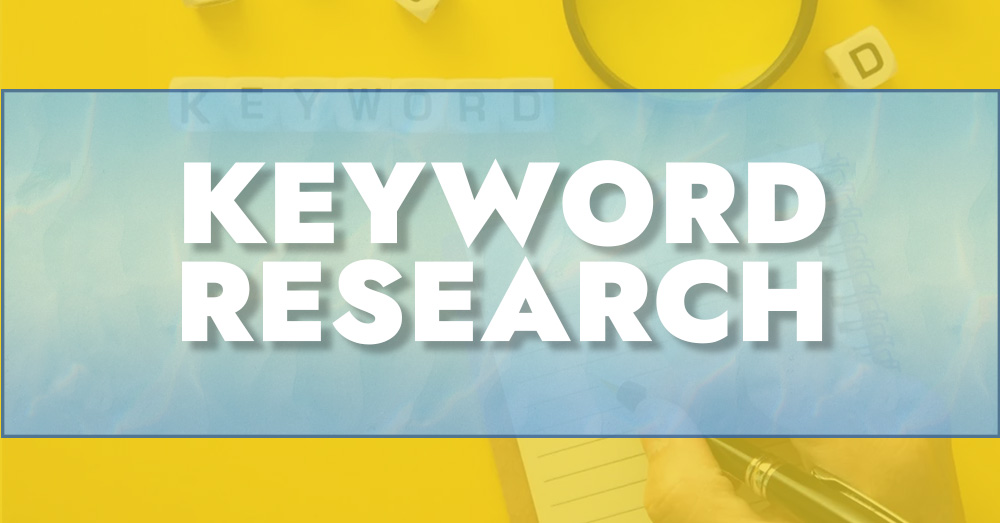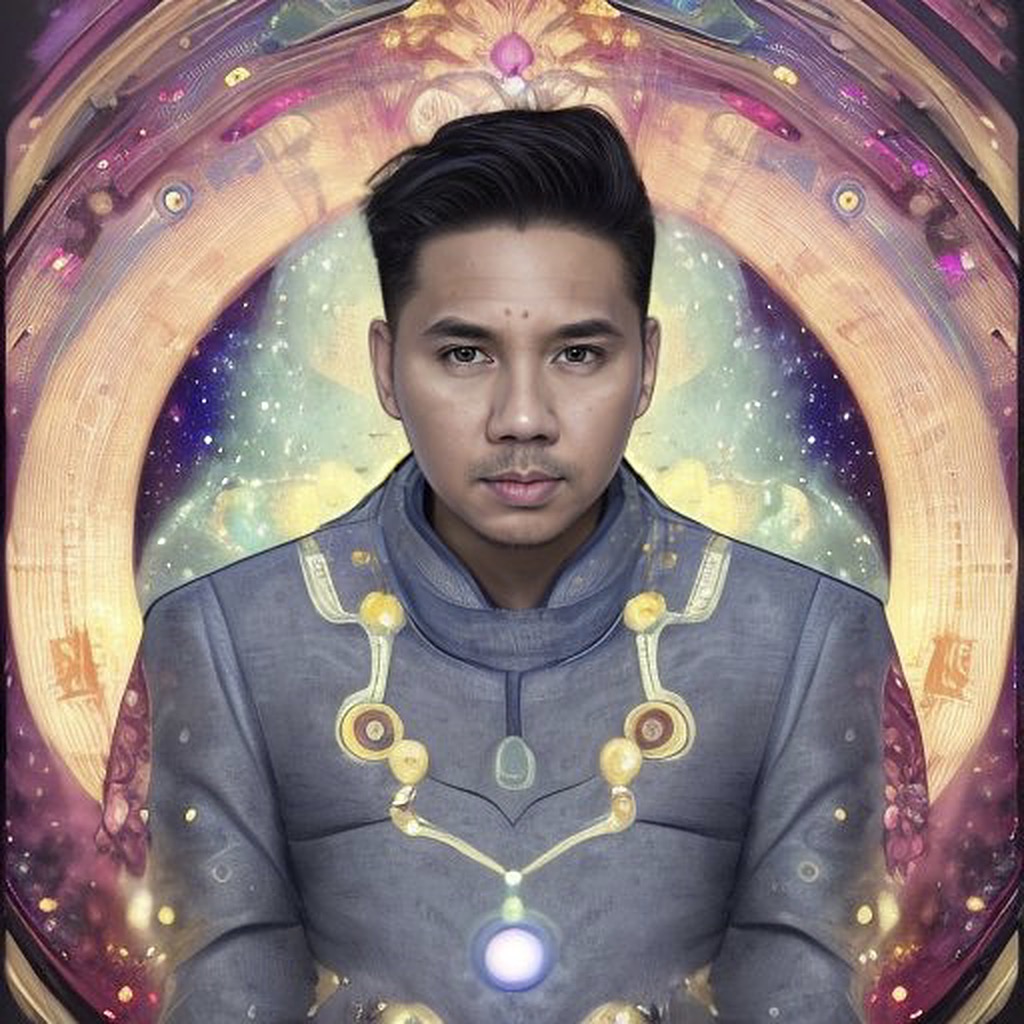Artificial Intelligence: Does This Spell the End for Writers?!
 Greetings, readers!
Greetings, readers!
The Writers Guild of America (WGA) is a union within the film industry currently on strike at the time of this posting. Their collective bargaining agreement (CBA) with the Alliance of Motion Picture and Television Producers (AMPTP) – let’s refer to them as the Producers from now on – ended in May 2023 before a new CBA was established, prompting a strike (the longest since 1988).
By mid-July, producers and writers were further apart than ever. This led the actors from the Screen Actors Guild (SAG) to strike in support of the writers. The writers’ striking was one thing, but when the actors’ strike, any film or TV show currently in production with SAG actors effectively shut down. Hollywood is closed! Hundreds of thousands of actors, writers and entire crews are currently out of work. Even myself, an assistant director, have stopped working in film because —
— wait, Marc… What does this have to do with A.I.?
One of the main issues between producers, writers and actors IS artificial intelligence!
Essentially, producers can use A.I. to write their scripts, ultimately replacing humans. The actors are concerned that producers can do the same to them by capturing their likeness (one day’s work) for A.I. to edit them into future films, avoiding having to cast (and pay) for these actors. It’s an existential battle between producers saving/making money and the survival of actors and writers. All because of A.I.
It compelled me to investigate artificial intelligence deeper. I converted my photos into A.I. generated portraits and asked ChatGPT to write an article on how writers will continue to exist in the midst of A.I. What did I discover?! Read on to discover 10 problems with A.I.

Your messaging makes a difference.
Collaborate with a goal-driven wordsmith dedicated to articulating your vision and getting your audience to buy in.
I used artificial intelligence to help write this article. After all, writers like myself are concerned with this technology. I asked ChatGPT to write an article on the importance of writers with the emergence of A.I.
For a deeper look into ChatGPT, check out this article on ChatGPT Basics and Best Practices!
I thought A.I. would make it much easier and quicker to complete this article, but it still took a few hours to complete. The main content and structure are the crux of this piece (A.I. and human co-existence is not an original idea), but ironically, for the reasons listed above, A.I. lacked the necessary nuance to make an engaging and compelling piece of writing. Sure, if you are more focused on informing than resonating, then A.I. can deliver. Not for me though. I still found myself editing and re-editing until it matched my brand voice and I felt confident it was enough to connect with my audience.
10 Problems with A.I.
1. A.I. Cannot Generate Creativity and Originality.
Even with its ability to analyze vast amounts of data and text-based patterns, A.I. lacks the essence of creativity and originality. When you write a prompt in ChatGPT, it compiles all the existing writing in its database and generates an answer from there. Writers bring a unique perspective and imaginative flair to tailor their work to the specific audiences they write for. They can think outside the box, and incorporate humour, empathy, and innovation that resonates with their readers.
2. A.I. Does Not Understand Human Emotions.
Simply put: A.I. doesn’t know humans like humans know humans. Writers can empathize with their audience, tapping into their desires, fears, and aspirations. A.I., on the other hand, cannot comprehend complex human emotions. Writing for this complexity typically leads to a more significant connection.
3. A.I. Does Not Adapt to Cultural Sensitivities.
Cultural sensitivity is a nuance vital in today’s globalized world. Where humans can adapt their messaging to respect the diversity of different societies, A.I. may not always recognize the subtle cultural references that could inadvertently offend a particular audience.
4. A.I. Does Not Understand Context.
Algorithms excel in processing data and identifying patterns, but neglect its broader context. Humans can grasp the subtle intricacies of a brand’s voice, positioning, and marketing strategy. They can weave a cohesive narrative with a brand’s identity, maintaining consistency across various platforms and marketing campaigns.
5. A.I…Not that Great at Adaptive Problem Solving.
Writing involves adapting to specific challenges and finding innovative solutions. When something unexpected arises, humans can think on their feet and adjust accordingly. A.I. struggles to handle unique or unforeseen scenarios.
6. A.I. Cannot Incorporate Strategic Thinking into Their Stories.
Effective writing is more than just stringing words together; it involves strategy in storytelling. Humans analyze marketing data and trends and create compelling narratives for their target audience.
7. A.I. Cannot Deliver a Personal Touch.
Consumers are increasingly seeking personalized experiences in today’s digital age. Writers can deliver authentic content customized for the individual reader. It can make all the difference in engagement and brand loyalty.
8. A.I.’s Editing and Quality Assurance is Non-Existent.
While A.I. can generate content at impressive speeds, it cannot self-edit with the same precision as humans. Writers meticulously review and refine their work, ensuring error-free and grammatically sound content that aligns with a brand’s guidelines.
9. A.I. Doesn’t Credit its Source.
With all the data it generates from the countless number of sources available, A.I. does not cite or reference these sources. Not only is the content not original, it does not credit where it gets it from.
10. Personal Data and Security Risks.
When you upload photos or content for A.I., who has access to that? Where is all that data and personal information stored? It’s the wild, wild west when it comes to A.I. regulations. There is no compliance, governance, or rules on how it’s monetized.

We’re still in the infancy stages of A.I. But if it’s capable of doing this in 2023, imagine what it can do in five years. Technology has reached a level that far exceeds what humans can keep up with. For that, I understand the cause actors and writers are fighting for. If we do not regulate A.I., it will destroy livelihoods permanently, for the benefit of money-hungry producers.
Personally, I view A.I. and humans not as direct competitors, but complementary. It’s not coffee versus tea. It’s more like coffee with sugar and cream – it enhances what you have.
But you tell me: what do YOU think of A.I.? Is this technology affecting your industry? Let me know in the comments below!
PS – I took the liberty to generate some cool A.I. images of myself. Check it out 👇🏼👇🏼👇🏼
Thanks for reading and catch you on the next one!
Create authentic connections with the right words.
Strategic messaging nurtures a deeper connection with your audience that promotes meaningful engagement. It starts with a conversation. The discovery call is free. Let’s unlock the partnership that will spark life into your marketing communications.
Click & chill. Here’s a couple of articles you might like.

Finding Keywords for SEO
This article explores the essentials of keywords for SEO and how can enhance your website’s visibility. Once you understand how to target the right keywords, the traffic to your site and higher search ranking will follow.

The Power of Networking
Networking involves building relationships and making connections with individuals in your industry or related fields. It goes beyond mere socializing. It extends to creating a strong network.










